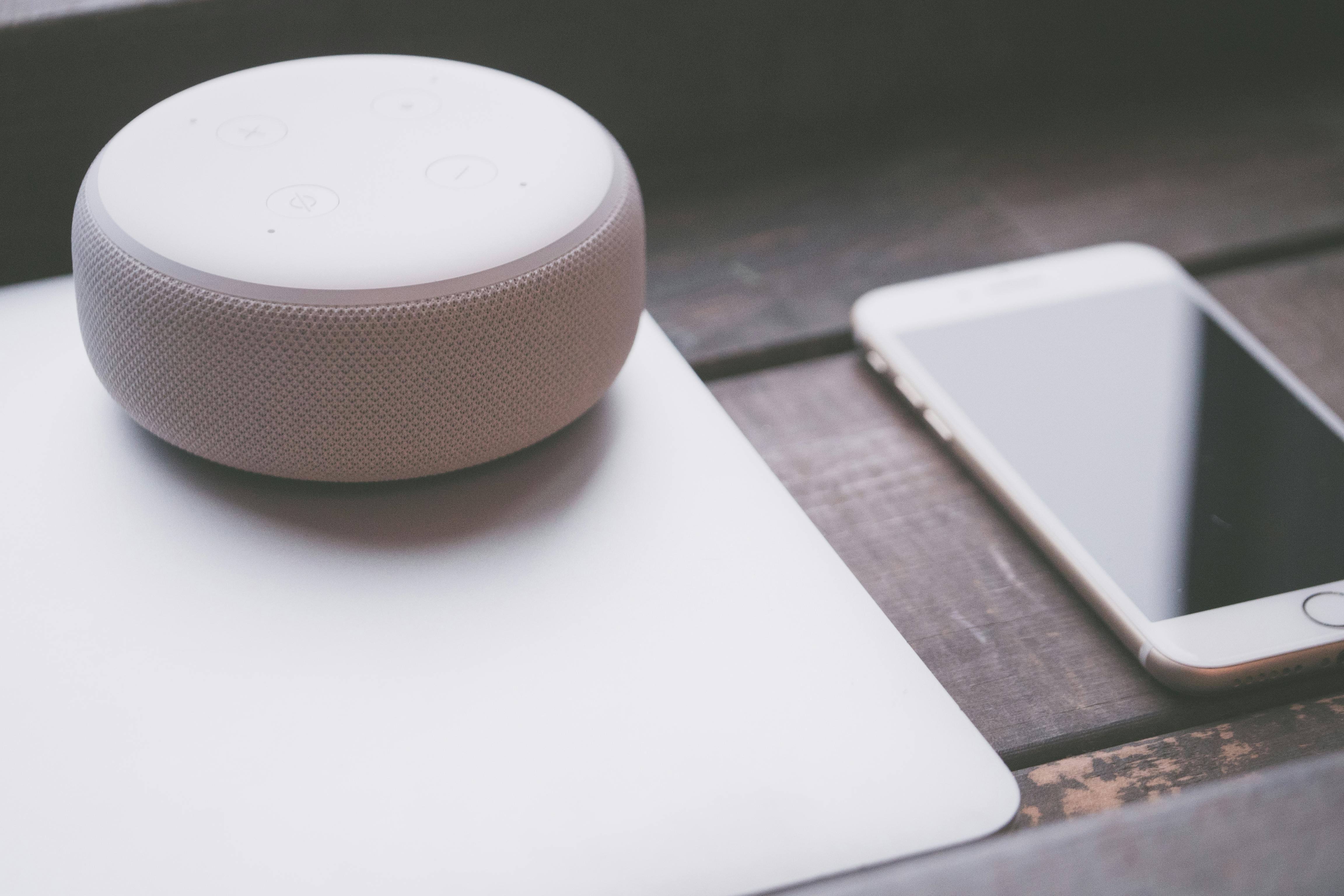Choosing the right smart speaker assistant can feel like navigating a tech jungle. With Amazon Alexa, Google Home, and Apple HomeKit all vying for your attention, it’s easy to get overwhelmed. Each offers unique features and integrations, making the decision even more challenging.
Whether you’re looking to control your smart home, play music, or get the latest weather updates, knowing the strengths and weaknesses of each assistant can help you make an informed choice. Let’s dive into what makes each of these smart speakers stand out and find out which one fits your lifestyle best.
Overview of Smart Speaker Assistants
Choosing between Amazon Alexa, Google Home, and Apple HomeKit can be tricky. Each offers unique features and integrations for various home setups.

Amazon Alexa
Amazon Alexa provides extensive third-party integrations, making it versatile. It works with numerous smart home devices like lights, thermostats, and security cameras. Alexa’s “Skills” feature allows adding new capabilities from various developers, enhancing its functionality continuously.
Google Home
Google Home excels in search accuracy and natural language processing. It integrates seamlessly with Google services like Calendar, Maps, and Photos. You gain detailed responses and better context understanding, making everyday tasks easier.
Apple HomeKit
Apple HomeKit offers strong security and privacy features. It integrates best with Apple devices, providing a seamless user experience. The Home app simplifies device management, ensuring that your smart home ecosystem remains secure and synchronized.
Each smart speaker assistant has strengths tailored to different needs. Consider what aligns best with your home design and lifestyle preferences.
Features Comparison
Voice Recognition Capabilities
Amazon Alexa excels in understanding diverse accents and dialects. Google Home’s natural language processing is top-notch, making it ideal for complex queries. Apple HomeKit offers strong voice recognition but is limited to Siri’s ecosystem.
Compatibility with Smart Devices
Amazon Alexa has the broadest compatibility, supporting over 100,000 devices like Philips Hue and Ring. Google Home supports about 50,000 devices and works seamlessly with Google services. Apple HomeKit has fewer compatible devices, focusing on those that meet stringent security standards.
Mobile App Integration
Amazon Alexa’s app is user-friendly, offering easy setup and detailed controls for smart devices. Google Home’s app integrates well with other Google services for a cohesive experience. Apple HomeKit’s Home app excels in security and privacy, with a straightforward interface for managing devices.
User Experience
Ease of Setup
Setting up Amazon Alexa takes just minutes with the Alexa app, compatible with iOS and Android. You’ll connect the device to your Wi-Fi network and follow the app’s guided steps. Google Home setup uses the Google Home app, similar in process and speed, providing quick Wi-Fi configuration and device linking. Apple HomeKit may require more time due to its added security steps, but the Home app ensures a clear and secure setup process.
Personalization Options
Amazon Alexa offers extensive skills and routines, allowing you to customize commands and automate tasks. You can change the wake word, create custom responses, and even adjust voice tones. Google Home personalizes your experience through Google Assistant, using voice match technology to deliver tailored information and suggestions based on your preferences and habits. Apple HomeKit’s personalization focuses on secure automation, scene settings, and allowing customized Siri commands tailored to your lifestyle.
Performance Analysis
Performance is crucial when choosing a smart speaker assistant for your home. Here’s a breakdown based on response time, accuracy, updates, and support.
Response Time and Accuracy
Amazon Alexa responds quickly, even in noisy environments. It has a slight edge in understanding diverse accents. You’ll find high accuracy in command execution, thanks to extensive third-party integrations.
« Discover 2023 Outdoor Furniture Trends: Elevate Your Patio with Style and Sustainability
Discover the Best Wall Colors That Perfectly Complement Concrete Floors – Transform Your Space »
Google Home excels in processing natural language. It responds faster in retrieving online information. Integration with Google services boosts its accuracy significantly.
Apple HomeKit’s Siri is secure but slower. It ensures high accuracy with commands within the Apple ecosystem. This focus on security might delay responses a bit.
Continuous Updates and Support
Amazon Alexa consistently receives updates. These updates enhance functionality and add new skills. Support is comprehensive, reflecting its broad user base.
Google Home benefits from Google’s constant updates. You get improved features, especially those tied to search functions. Support channels are robust and easily accessible.
Apple HomeKit updates focus on security enhancements. These updates ensure reliability within the Apple ecosystem. Support is meticulous but may require steps through Apple’s support channels.
Market Penetration and Consumer Trust
Sales Figures
Amazon Alexa dominates with over 100 million units sold. Google Home follows with around 52 million units. Apple HomeKit devices trail with approximately 10 million units sold. Alexa’s market lead signifies widespread adoption.
Customer Reviews and Ratings
Amazon Alexa consistently receives high ratings for reliability and ease of use. Google Home impresses with natural language recognition, earning strong reviews. Apple HomeKit, praised for security, has fewer but highly positive reviews. Consumer feedback highlights each assistant’s strengths.
Conclusion
Choosing the best smart speaker assistant really depends on your priorities and ecosystem. If you value extensive third-party integrations and reliability, Amazon Alexa might be your top pick. For those who prioritize search accuracy and natural language recognition, Google Home stands out. Meanwhile, if security is your main concern, Apple HomeKit offers robust features.
Each platform has its own strengths and unique benefits, so think about what matters most to you. Whether it’s compatibility, performance, or customer satisfaction, there’s a smart speaker assistant that fits your needs perfectly. Happy smart home shopping!















